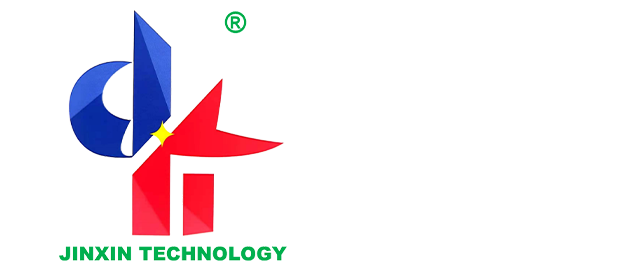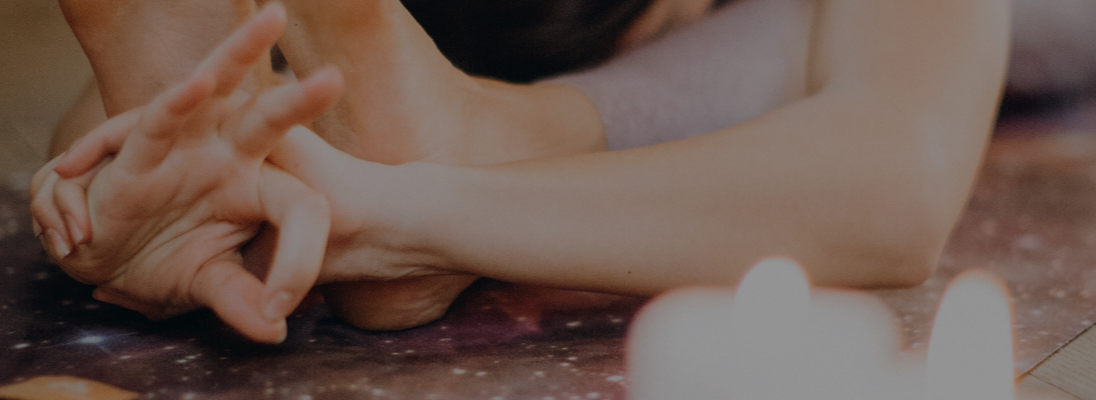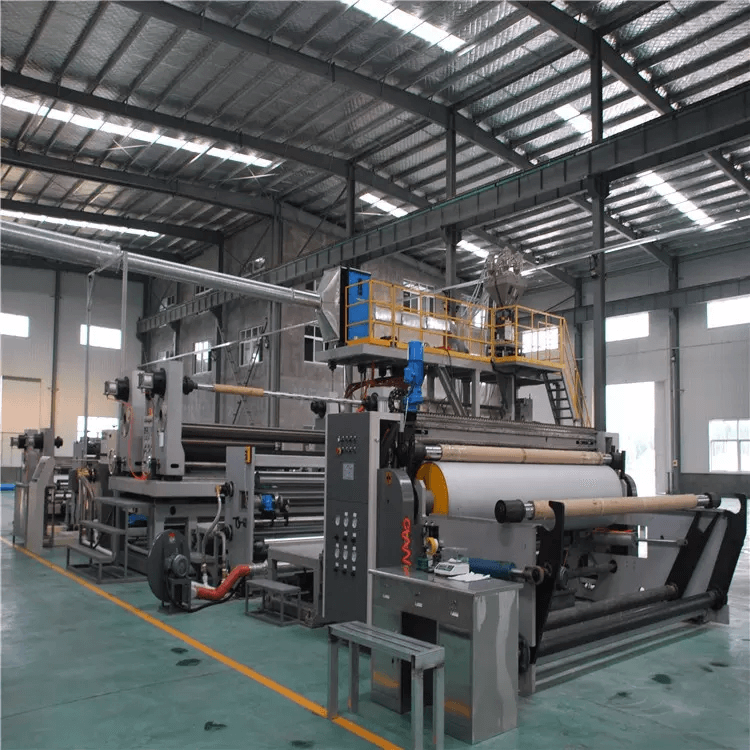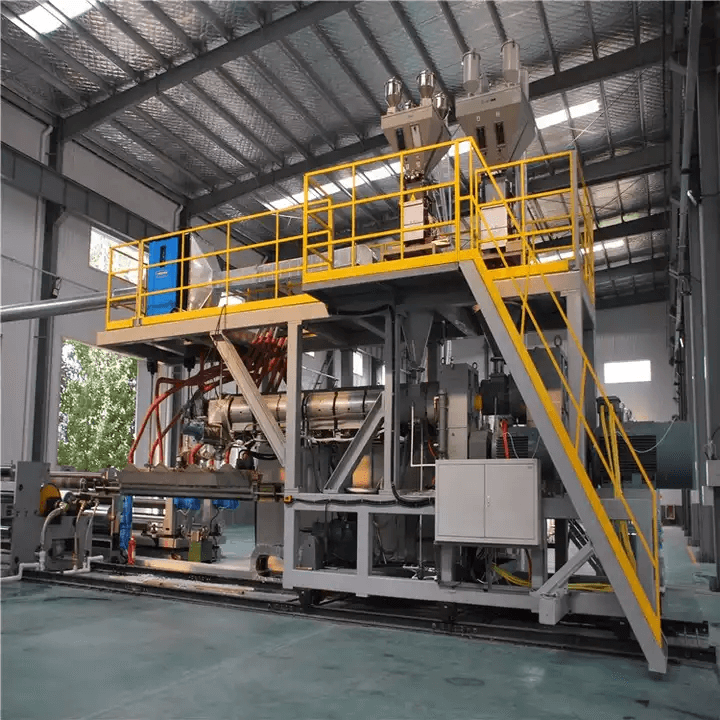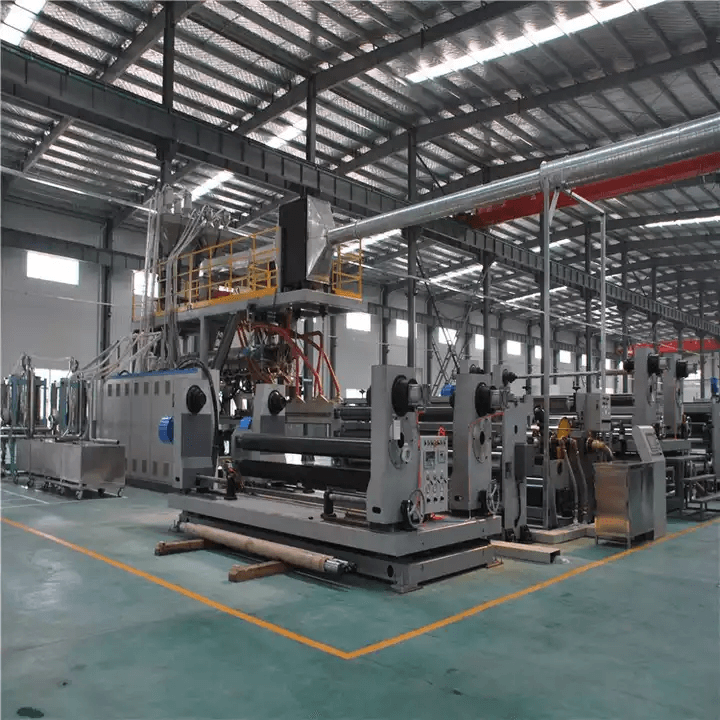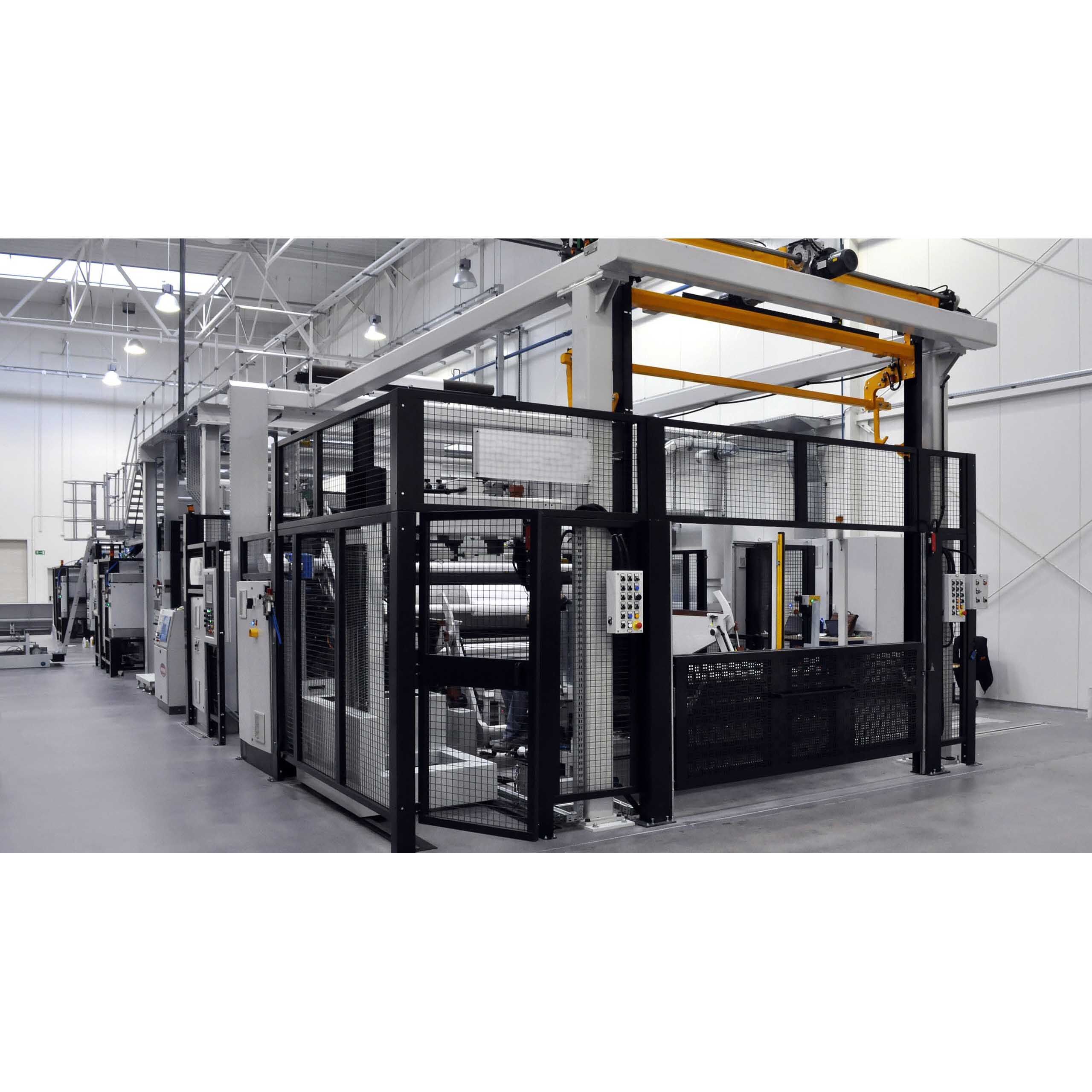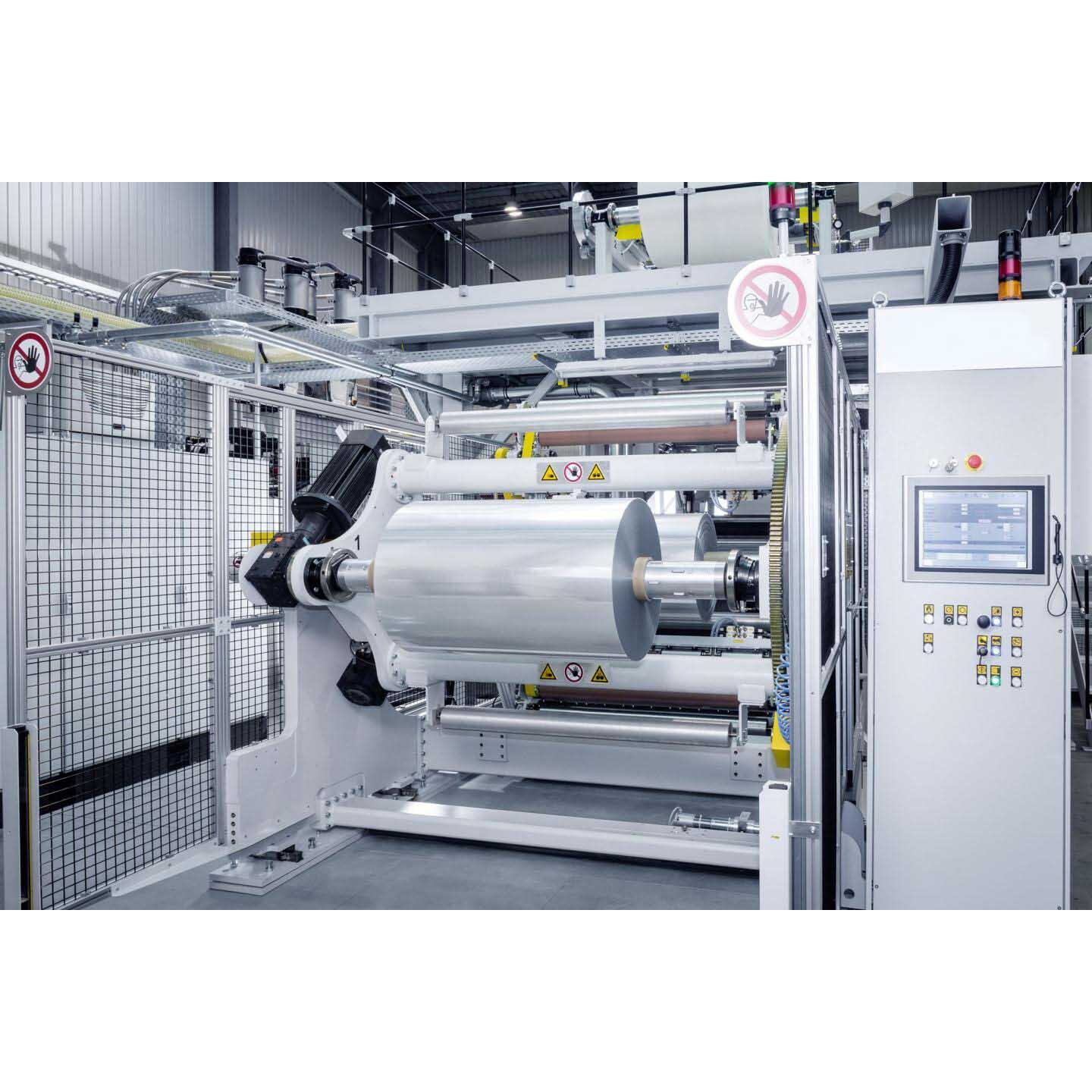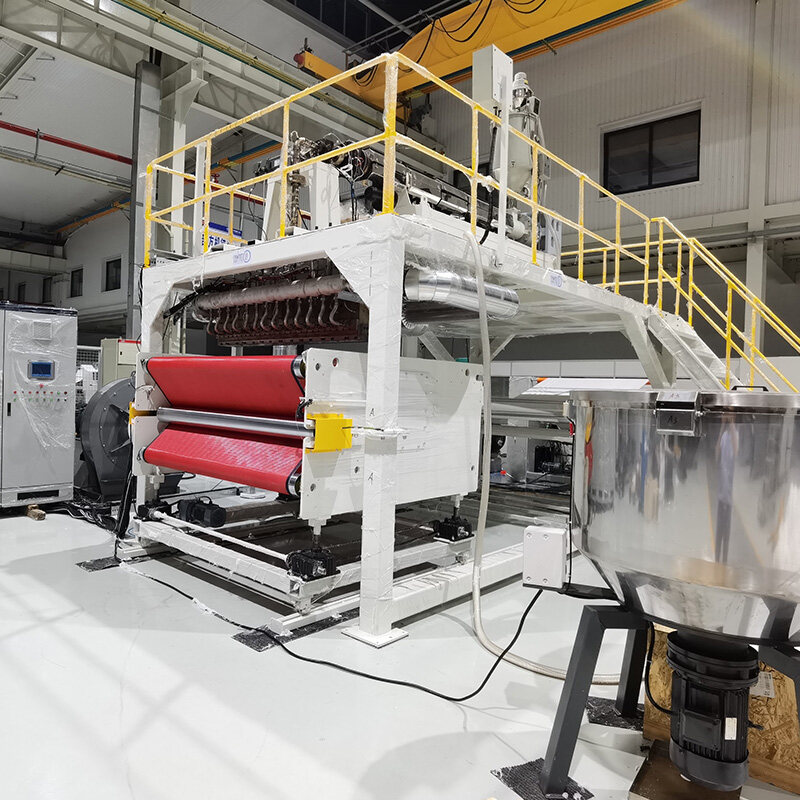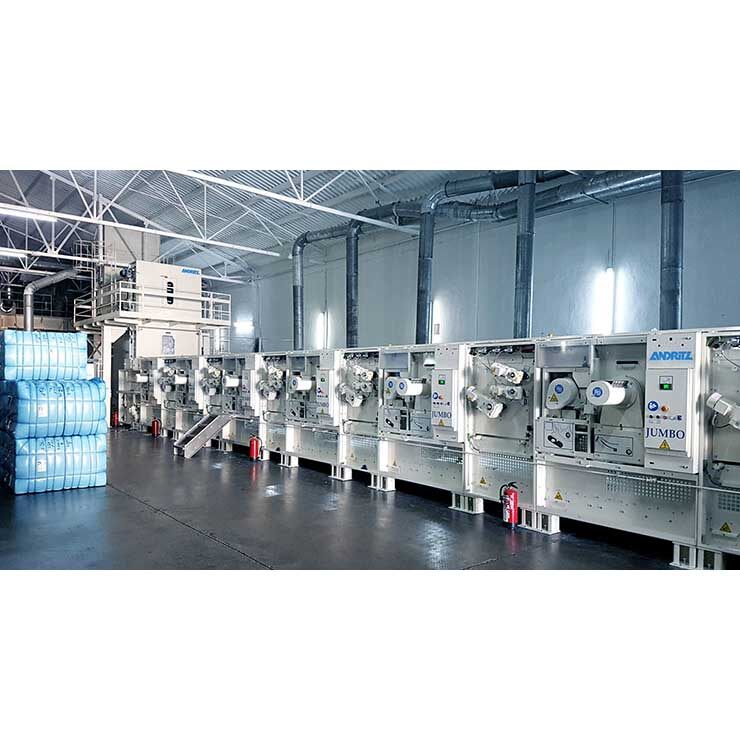6-20 个字符(仅限字母加数字)
密码不一致

Disposable Medical Surgical Gown Fabric Coating Making Machine Protective Non Woven Fabric Coating Lamination Machine Plant
The method that is least harmful to the environment is ultrasonic lamination because it doesn't require any chemicals or glue. It works by using high-frequency sound vibration to locally produce heat that melts and bonds thermoplastic fibers.
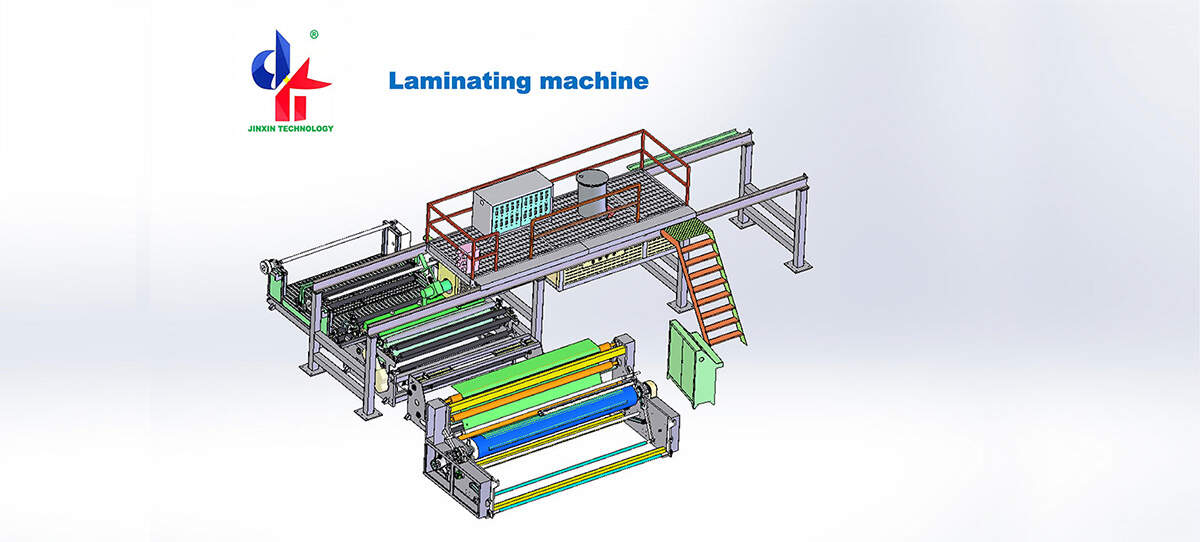

| Model | JX-laminating machine | ||
|---|---|---|---|
| Product Width | 1600mm | 2400mm | 3200mm |
| Equipment Size | 12*10*3.5m | 12*12*3.5m | 12*16*4.5m |
| Mechanical Speed | 200m/min | 200m/min | 150m/min |
| Thickness | 0.01~0.1 mm | 0.01~0.1 mm | 0.01~0.1 mm |
| Daily Output | 2-3T/Day | 3-4.5T/Day | 4-5.5T/Day |
| Transformer Capacity | ≈80KVA | ≈120KVA | ≈180KVA |
| Power Consumption | 520°-650°Ton | 520°-650°Ton | 520°-650°Ton |
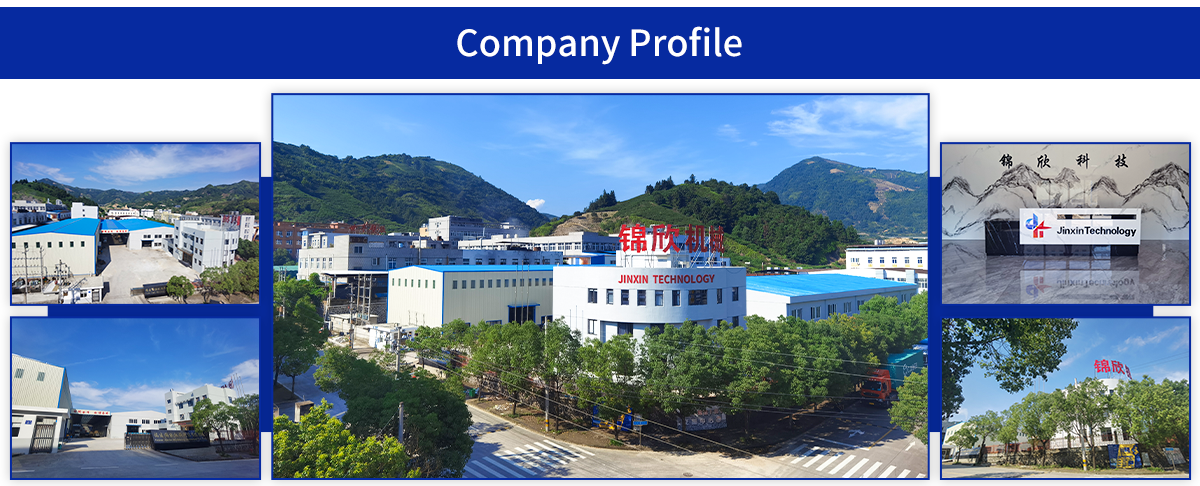
About Us
Fujian Jinxin Machinery Technology Co.,Ltd. was found in 2007.Our company offers variety of products which can meet your multifarious demands.We adhere to the management principles of "quality first, customer first and credit-based" and always do our best to satisfy potential needs of our customers.
We mainly produce S,SS,SSS,Meltblown,SMS,SSMS,SMMS,SSMMS,PLA,PET series nonwoven machine and laminating machine.

1.Medical: mask, protection gowns, bed sheets,drapes,shoe coves and etc.

2.Hygiene: children diaper, adult diaper, women care products and etc.

3.Packaging: shopping bags,clothes bags and etc

4.Other uses: crop protection cloth, tea bags , filter materials, lampshades, etc

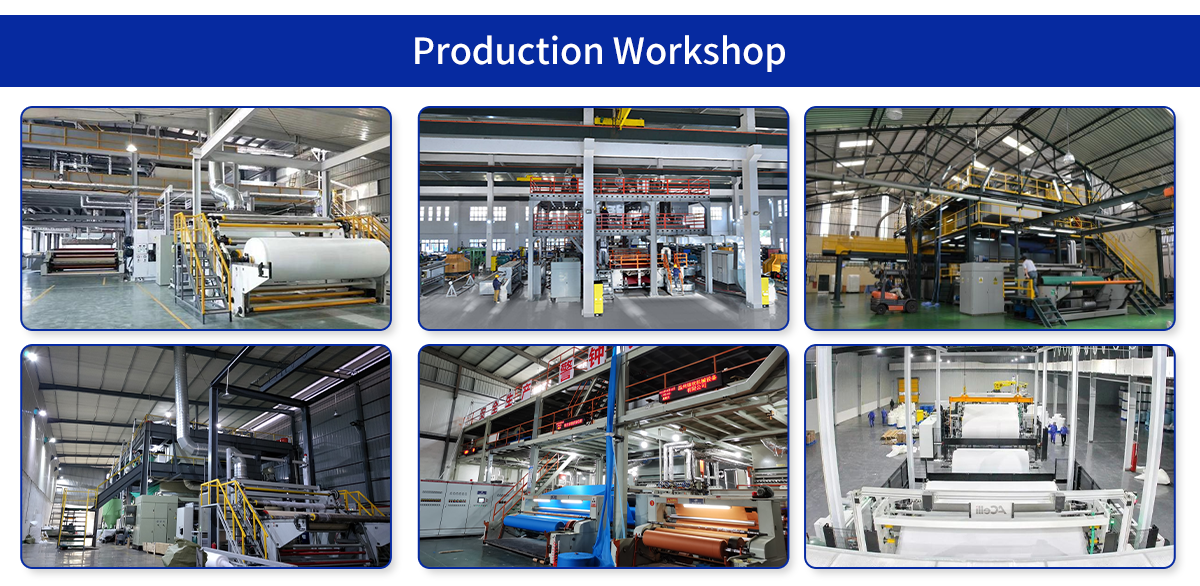
Our Factory
Our product is quality proven,superior in design and produced as per the highest quality standards.Before leaving our factory,it is tested and retested for performance,productivity and durability.Through our continuous research and development, advanced skills, and a strong commitment to customer service,we are taken as a dependable supplier of China.No matter whether you are looking for a single machine or a whole production line,you can get outstanding machine and know-how results from us.Because of good quality and service,we have won a good reputation among domestic and international customers.
We hope to establish good and long-term business cooperation with customers all over the world. If you have any inquiries about our products, please feel free to contact us.
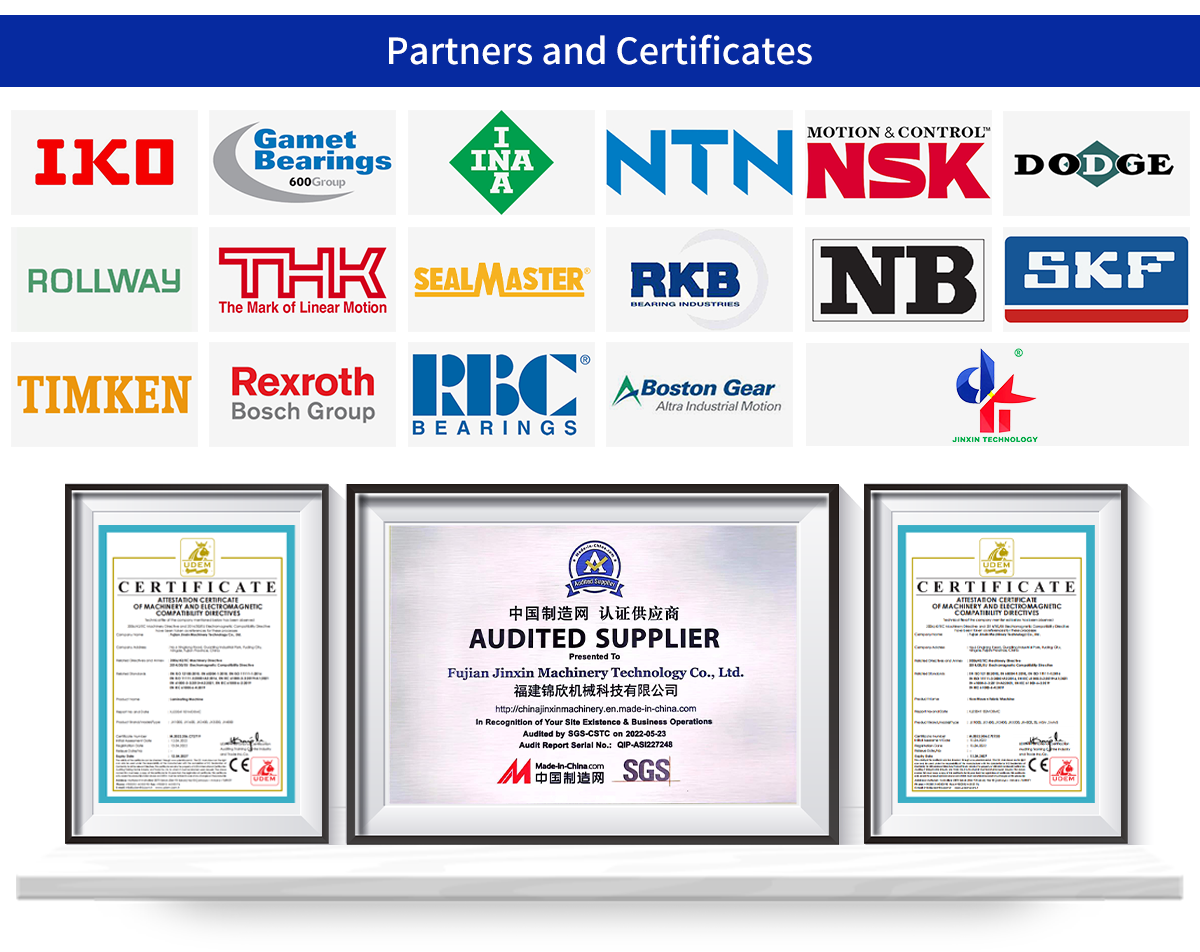
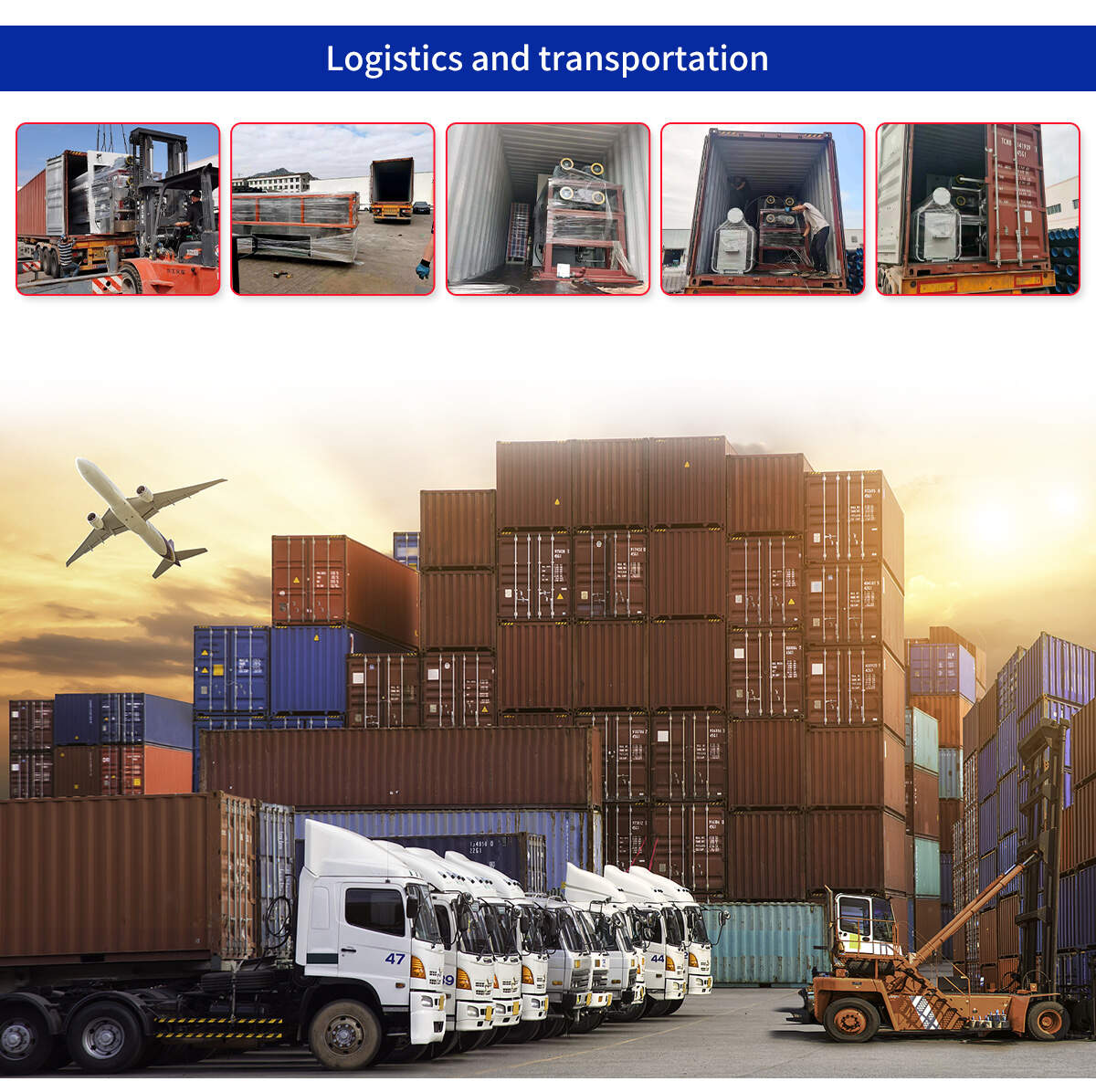
Nonwovens Lamination techniques and advantages
1.Adhesive Lamination
When it comes to adhesive nonwovens lamination, there are a number of different methods:
Hot melt adhesives
Dry bond laminating
Cold glue
Wet bond laminating
Solventless laminating
Using hot melt adhesives is the leading method, replacing older ones like mechanical fastening, cold glue and wet lamination. This method uses microscopic dots to create bonds between the layers in order to form a composite. It offers several advantages, including the ability to:
Bond two materials with very different properties
Use a variety of adhesive application methods, including bead patterns, spirals, meltblown, sinusoidal and the point bonding technique, which minimizes points of contact and offers a more permeable composite with less use of adhesive
Perform high-precision bonding
Maintain the properties (breathability, flexibility, etc.) of the original material
Manufacture products at high speed
2.Thermal Lamination
Thermal lamination uses pressure and heat to adhere layers together, using a thermoplastic layer that can be a hot melt, fiber, film, or powder. There are a few different thermal bonding options that can be used, including the following:
Area Bonding – produces stiff, thin, strong composites
Point Bonding – produces composites that can range in their level of strength, elasticity, softness and flexibility
3.Ultrasonic Lamination
Ultrasonic lamination is the most environmentally friendly method, since no chemicals or adhesives are required. It relies on the use of high-frequency sound vibration to generate heat locally, which in turn causes thermoplastic fibers to melt and bond. Aside from the sustainability of the process, the advantages of ultrasonic lamination are many, including the ability to:
Laminate as many as seven layers in a single pass
Bond materials with different characteristics (physical strength, melting temperatures, etc.)
Produce incredibly uniform composites in which the individual materials remain fully intact
Use point bonding technique to minimize the bonded surface in permeable materials
Ensure precision bonding to meet specific needs (such as pattern, location and frequency)
Obtain a product that is more durable and will hold up to extreme heat better than those created through chemical bond
4.Extrusion Coating
Extrusion coating is a process in which a molten polymer is applied as a thin coating on one or both sides of one or more nonwoven layers.
This coating makes the nonwoven material waterproof, printable, antistatic and flame-resistant. In addition to this, the Extrusion Coating allows to contain the costs of raw materials and improve the structural stability of the material.
